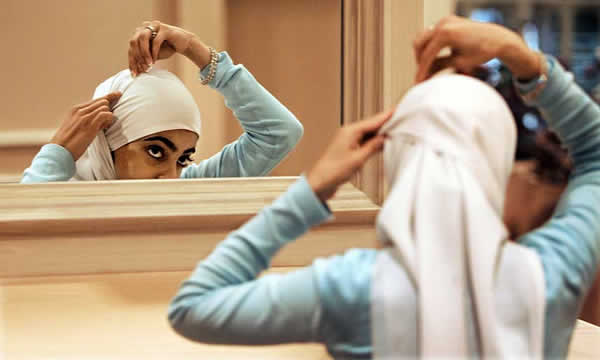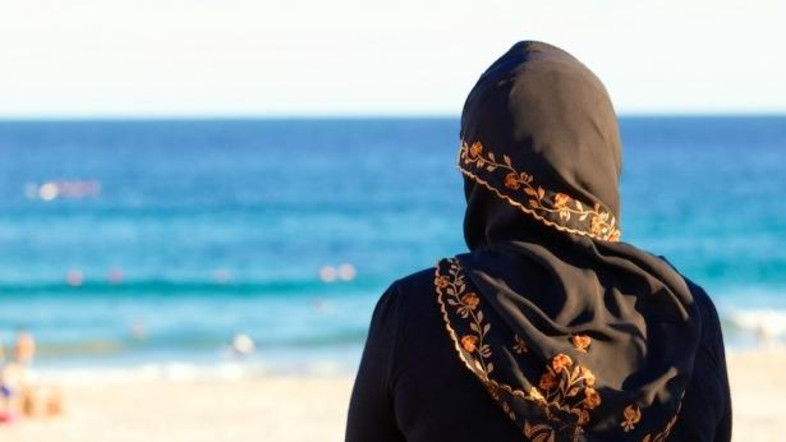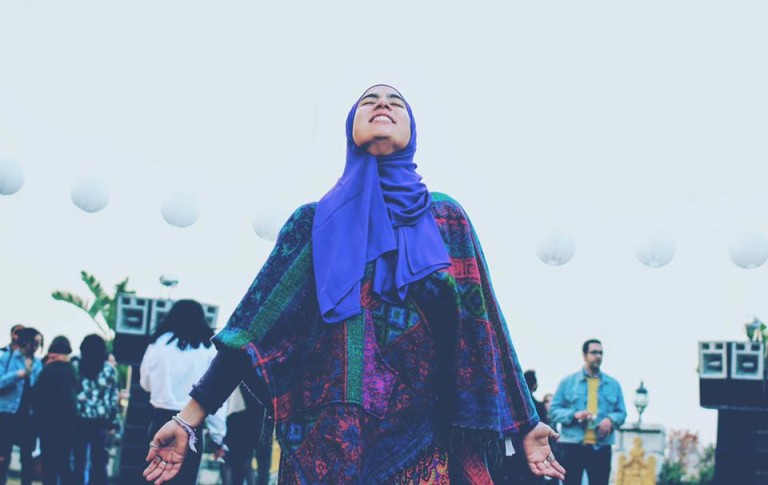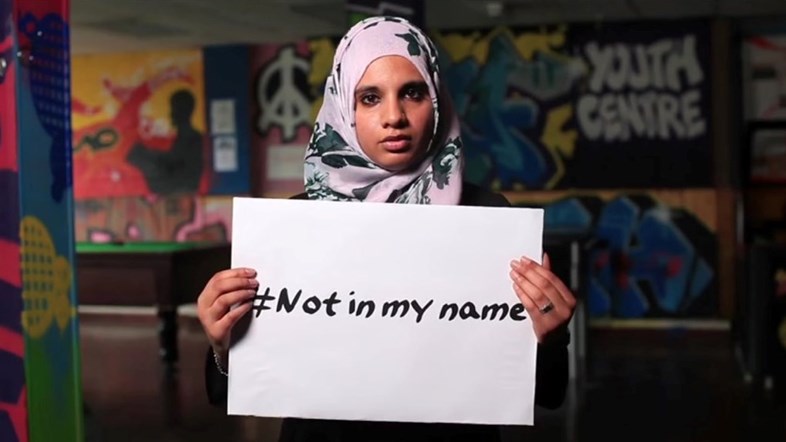By Rana ElHawary
We all know my mother’s story; whether it’s your veiled friend, your veiled mother, and/or your veiled girlfriend, we can all speak of experiences of being explicitly told –after reserving at certain alcohol serving restaurants, pubs, bars, and clubs- “Please be notified that there are no veiled women allowed”. This disclaimer has become so popular, in fact, that it now extends to certain compounds in Sahel, where veiled women are not allowed to access beaches and/or purchase chalets altogether.
The fact that this has went on for so long, and is a growing and popular trend, deserves a second glance. Despite the fact that I am not myself veiled –far from it- I would like to think that getting veiled would not stop me from accessing certain places. This is why I decided to ask around, within my circle of friends, to see any explanations they may have for this ban.
Firstly, I realized that one of the reasons why some people believe that ‘mo7agbat’ should not frequent these places lies along the lines of the claim “howa leh aslan wa7da mo7gaba t7eb troo7 makan fy ra2s aw alcohol, ana msh fahem.” This kind of logic, if anything, reflects more upon stereotypes, than on actual truth. A ‘mo7agaba’ is a woman who has made a decision to cover her hair and her body, not a woman who has a made a decision to stop accessing the same places as those accessed by her social circle. A decision to put on a veil is in an individual choice, and hence, the individual is the one who should decide the consequences of that decision; the consequences should not be forced upon the individual through narrow socially constructed notions of what it means to be ‘mo7gaba’.
Secondly, this kind of ban seems to be influenced by the notion that “mo7gabat” are “close-minded” and that the presence of ‘elmo7gbat’ will likely embarrass and/or hurt the feelings of the ‘non-mo7gbat’. It seems to be that if someone is hurt and/or embarrassed by someone else’s decision to wear different clothing, then this is more likely a reflection of that person being close-minded, than on the mo7gaba herself being somehow innately close-mindedness. Moreover, non-mo7gabat are constantly in interaction with mo7gabat (last time I checked this was Egypt), and there is no evidence to support that the claim that non-mo7gbat somehow need a safe haven from the constant harassment of mo7gabat. This is not to say that all mo7gbat are open-minded enough to accept non-mo7gabat, rather it is to say that some do and some do not, just like some non-mo7gbat look down on mo7gbat whilst others respect them.
We should always remember that being politically and socially liberal ought to mean acceptance, and not intolerance to the point of literal exclusion; we should not tolerate intolerance from either sides, and we should accept tolerant difference from both sides. Above everything, we should constantly remember that a woman’s individual decision to wear extra clothes, or to take off layers of clothes, should be inconsequential to her having the choice to access certain places within her own country. My mother has access to all restaurants in New York, Toronto, and Paris, yet she is banned from accessing some restaurants in Zamalek, Why? Well, it is because SHE is close-minded, judgmental, and much too conservative to accept difference.






